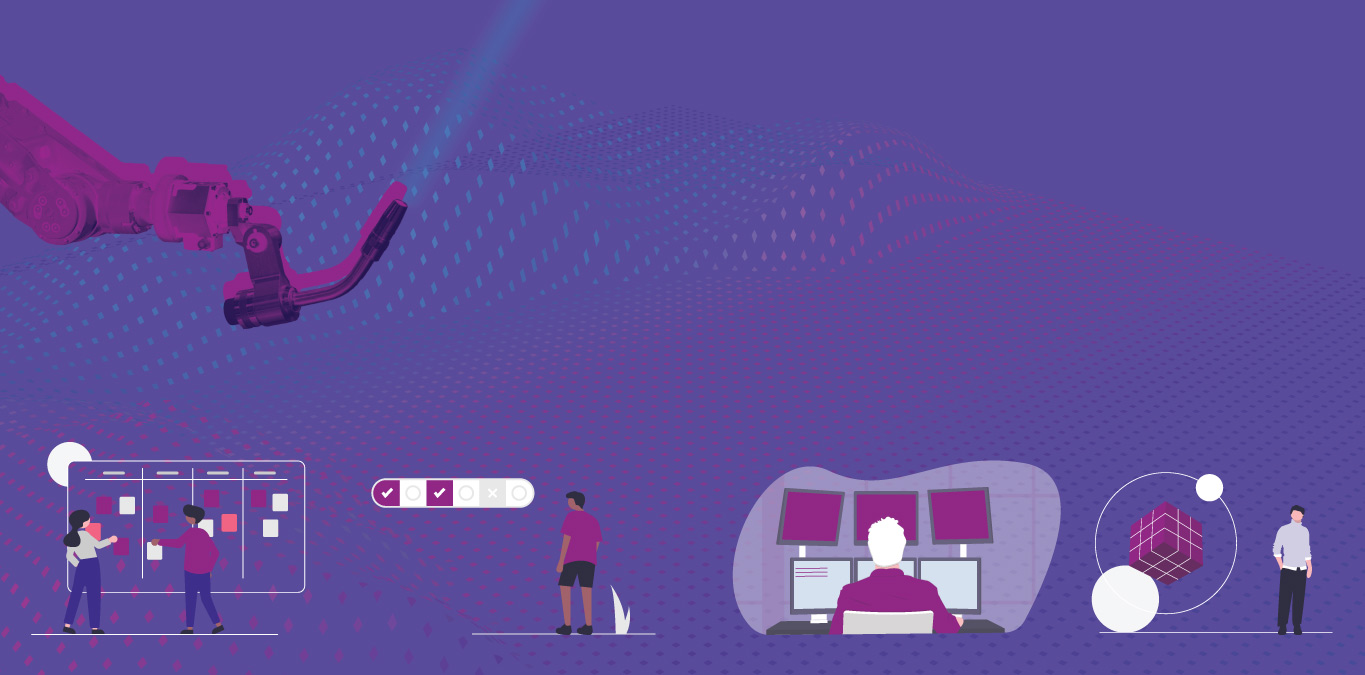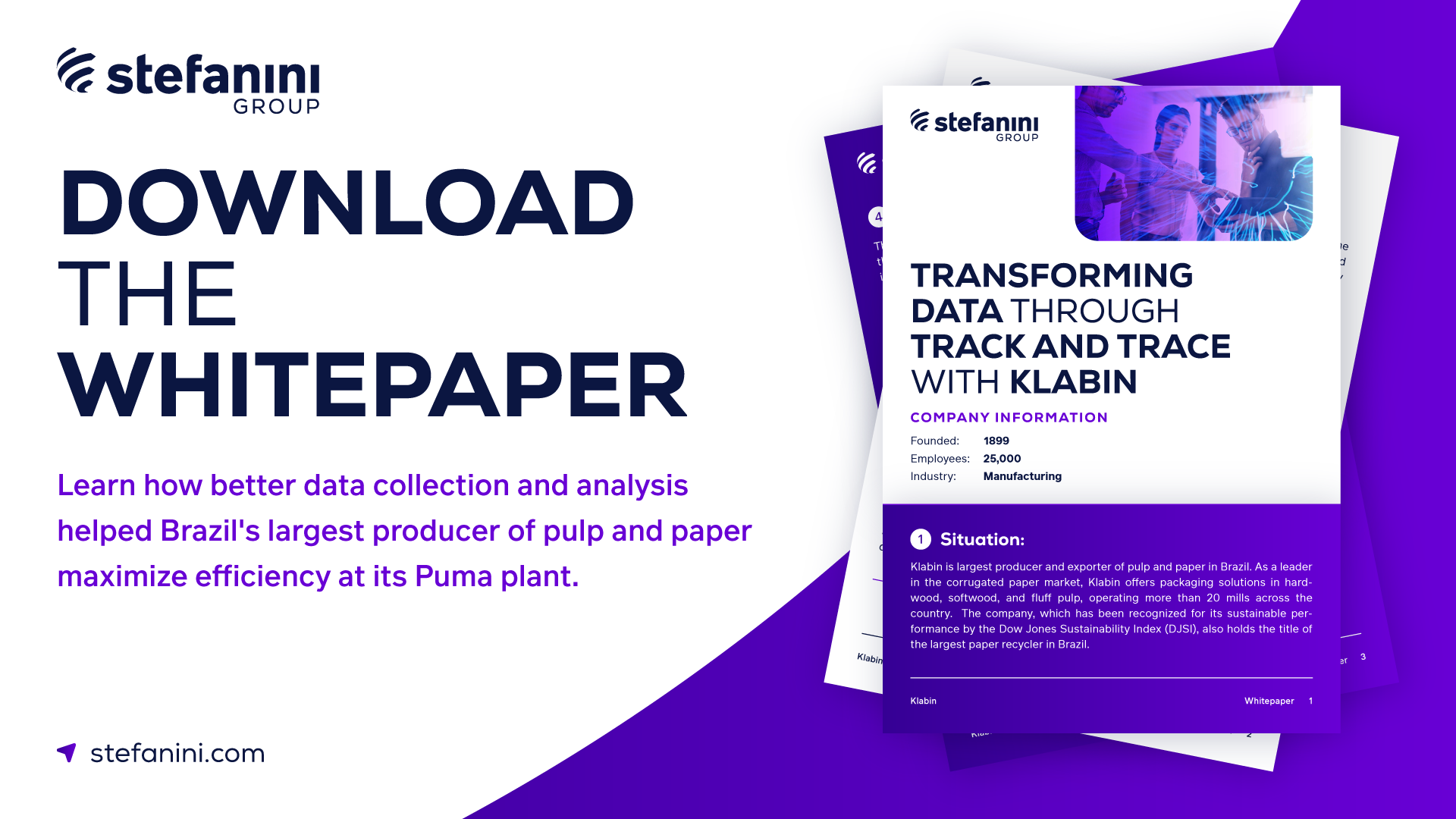Advancements in artificial intelligence are revolutionizing dozens of industries, and marketing is no different. AI in digital marketing enables us to make sense of huge amounts of data and reach more customers and prospects than ever before. AI tools streamline the content process and can help stimulate inspiration for marketers.
How Does AI Reshape Marketing Strategies?
With rapid developments, the field has shifted. AI gives marketers the potential to do so much more than what used to be feasible, with many businesses already taking advantage of the increased efficiency and streamlined decision-making this emerging technology can provide. But to harness the power of AI in digital marketing, companies will need to rethink their old strategies or risk falling behind the competition.
Leveraging AI for Personalized Customer Experiences
Nowadays, consumers expect personalized experiences and services from businesses. With the advent of generative AI, this once difficult task has become significantly easier. Most AI tools are enabled with Natural Language Processing (NLP). Simply put, NLP allows AI to understand, analyze, and replicate natural patterns of speaking to mimic human interactions, including the ambiguities often inherent in language.
In the past, customer experience (CX) personalization was difficult for several reasons. However, thanks to their NLP abilities, AI-powered tools enable marketers to tackle this in the following ways.
Customer Segmentation
The first step of personalizing experiences is customer segmentation – the process of identifying the different groups within your customer base. Doing this manually can be both time-consuming and expensive. However, by using advanced algorithms, AI can easily sort your customer base into groups, categorizing them based on interests, needs, behaviors, demographics, and more.
It then becomes simple for marketers to target each of these groups with content relevant to their specific needs and preferences. Based on customer segments, AI can suggest products, services, or offers that might be a good match. Using NLP, AI can also analyze feedback and reviews. This allows marketers to respond in real time, making improvements to their offerings and CX as needed.
Chatbots
AI can provide quick, effective customer support in the form of chatbots. Just like the name suggests, chatbots are automated services that utilize NLP to have human-like interactions with customers.
Chatbots can answer simple questions and provide instant, around-the-clock customer support. If the question is too complex, most chatbots can transfer customers to live agents, although the sophistication of chatbots is constantly growing. Learn more about SophieX, Stefanini’s omnichannel chatbot – the first virtual assistant with voice capabilities.
Personalized Content
The final piece of the personalization puzzle is the actual creation and distribution of personalized content to customers. By using NLP, AI analyzes customer data to identify the content that will have the greatest effect on them. Digital Marketing Institute reports that 71% of marketers who use AI said that it helps them personalize CX.
Personalization can completely change the customer’s experience on a case-to-case basis. Depending on online behavior, occupation, or even whether they’ve submitted a form for your business, AI can customize web pages, offering product and service recommendations based on the customer profile you’re trying to target. This can occur in real-time, and isn’t limited to only web pages, but other marketing assets as well.
Harnessing the Power of AI in Different Marketing Practices
In marketing, you are constantly fighting with hundreds of other companies to win the attention – and eventually the patronage – of consumers. By personalizing the experience of your customers, your efforts are more likely to stand out in the crowd. The use of AI in digital marketing can impact several areas, including the following.
AI-Powered Content Creation
AI tools don’t stop at helping marketers identify what type of content to create – they can also help create the content. This could include blog posts, landing sites, ad copy, email
subject lines, or anything else you require for your content marketing needs. With tools like MidJourney and DALL·E, it can also create images as well.
Of course, when it comes to creating engaging content, AI is not a replacement for human creativity or talent. However, it can help with many of the initial challenges marketers face with a new project, including generating outlines, identifying key topics, producing imagery, and even writing a rough draft.
Many marketers think of AI as a springboard to bounce ideas off. Due to generative AI’s tendency to “hallucinate,” presenting false information as fact, all content from AI must be reviewed by human eyes for quality and accuracy. While AI tools can point creators in the right direction, or even provide a blueprint for their project, it should not be relied on to create a finished product.
Email Marketing
It’s been proven that email marketing is the preferred form of communication for a large percentage of consumers. With the added help of AI tools, it can become even more effective by saving markers time and improving ROI. Automated emails have existed for years, but with the advent of generative AI, new capabilities are now possible.
With AI, you can conduct A/B tests, analyze campaign and email performance, create workflows triggered by user input, and customize material to send for specific, segmented groups. In short, AI helps marketers optimize their time at work by automating their most time-consuming tasks and providing key insights to improve campaigns quickly, ensuring no time is wasted on flawed strategies.
Social Media Marketing
As we’ve mentioned, AI can allow marketers to quickly respond to customer needs by analyzing real-time customer behavior. Of course, customer priorities can shift suddenly, which is why the ability to respond to these changes is of the utmost importance to modern marketers.
One of the ways they can optimize real-time customer analysis is by improving their business’ social media presence, focusing on whatever it is their customers prioritize. Not only can AI analyze feedback left on social media, but it can also handle inquiries made by customers. AI-powered chatbots can answer customer questions quickly, showing them that the business cares about their time and is willing and able to help.
Through the power of AI, marketers can outpace the competition and increase customer retention and loyalty by showing that they listen to their consumers and respond accordingly.
Search Engine Optimization (SEO)
An essential part of modern marketing is a good SEO strategy. For a marketing campaign to succeed, it must be seen. By creating content that ranks in search engines, the likelihood of users seeing your efforts skyrockets.
We’ve already explained how AI technology can analyze user behavior, which is useful for audience segmentation, but it’s also great to identify SEO trends. User data analysis can also help refine marketers research, homing in on keywords and content topics that are especially relevant. AI can generate meta tags and headings based on your content to help it rank on search engines. Using algorithmic technology, AI is also becoming more integrated with the search process, which is changing the landscape of search engines altogether.
The Future of AI in Digital Marketing
AI technology has advanced significantly in a short period of time. When looking forward, it’s hard to imagine how much more it might change. However, the future will undoubtedly bring more sophisticated AI technologies, which will in turn have more impact on marketing strategies across the board.
Although AI in digital marketing provides many benefits, there are still some things we need to be conscientious of. For instance, some questions have been raised surrounding the ethics of collecting and manipulating user data. Are hyper-targeted ads creepy? Are users consenting properly to this? What about personal biases that might skew the type of data drawn?
We don’t have the answers to these questions yet. As AI in digital marketing continues to be developed and utilized, some regulation will be necessary to ensure we use it properly and fairly. The power of AI in digital marketing is great. But after all, “with great power comes great responsibility.”
Unlock the Potential of AI in Digital Marketing
Incorporating AI in digital marketing improves productivity through automating tasks, gives marketers insights into their campaigns on several different levels, helps increase ROI by personalizing content, and easily segments your audience into easily targetable groups. As more and more marketers discover the benefits of AI in digital marketing, those who fail to embrace this emerging technology will risk falling behind the competition. At Stefanini, we specialize in using applied AI to enhance our digital solutions. Our SAI Marketing platform has all the capabilities you need to unlock your full marketing potential. To learn more about what AI in digital marketing could mean for your business, contact us to connect with an expert!




















